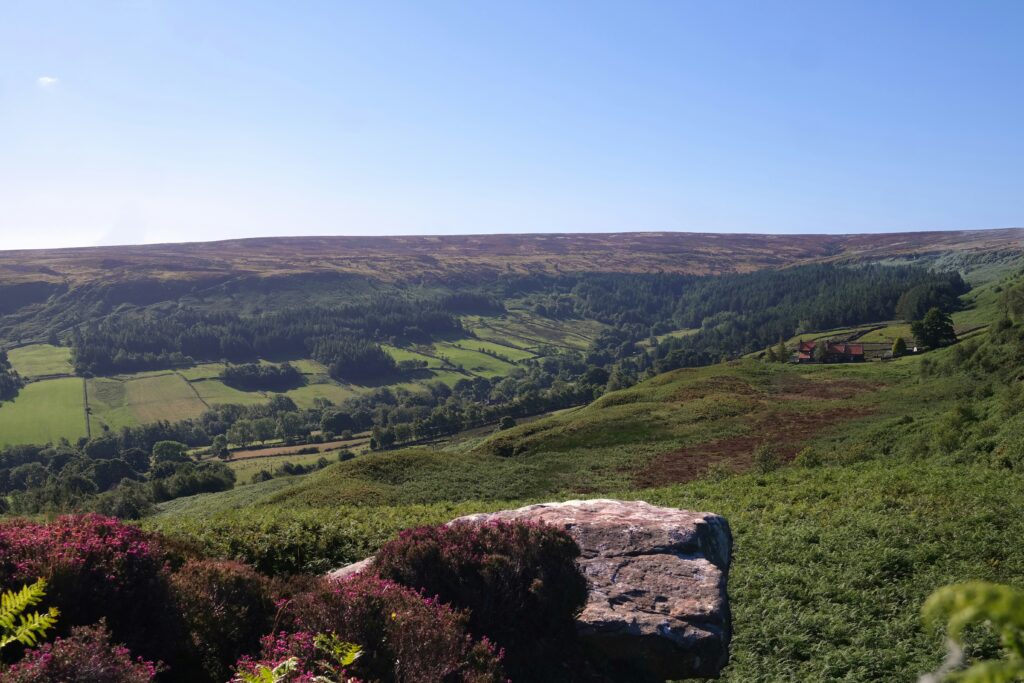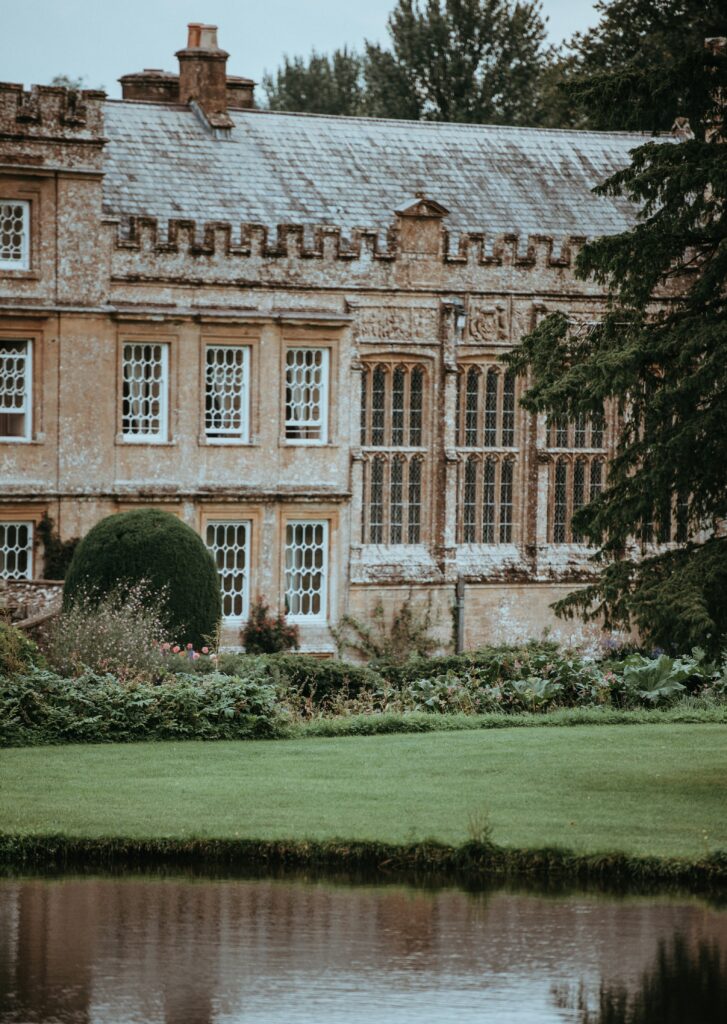Wholehearted defense of amazing Jane Eyre and Mr. Rochester
I read a lot. And I always have done. Stories have the power to change your mind more than an essay or speech would probably be able to, and I’ve always been drawn to beautiful storytelling. That’s why I felt really sad when one of my favorite YouTubers read Jane Eyre and wasn’t a fan of the book. Not that everyone needs to like the same books, but I wanted to write a response in defense of the amazing Jane Eyre and Mr. Rochester. Jane Eyre is a worthwhile novel for anyone to read, even if you don’t normally read about relationships like theirs.
What makes a good story?
I once heard that good stories are easily identifiable because they tell something true. Bad stories tell false narratives about the world. The in-between stories have a mix of both good and bad stories, and they all require good prose. (This is a simplification of what makes a good story, but it serves my purpose right now) Jane Eyre as a novel is, in my view, a good story. Why? Because it illustrates how someone’s desire for connection to a community evolves over time alongside their convictions about what what is true.

Convictions or Connections?
Originally published on October 19, 1847, Jane Eyre is written by Charlotte Brontë. Jane’s young life starts tragic because her parents die and she lives with her abusive extended family members. She is sent to a girl’s boarding school where she experiences good, bad, and ugly. Later, Jane takes a job as governess for Mr. Rochester’s ward.
Through all of these experiences and more, readers are privy to Jane’s every thought and feeling. We see her fury as a young child witnessing injustice to those around her and herself. We feel her confusion and longing as her relationship with Mr. Rochester evolves and they fall in love, but she leaves him so she can stick with her convictions. Amazingly, she learns to cement her beliefs while she teaches at a girl’s school later in the story. By the end of the book, Jane is grounded in her beliefs and finally is solidly connected to both her real and her found family.
I adore this book because of the realistic struggle between Jane’s desire for human connections and her search for strong convictions. She wrestles with herself over and over again throughout her life. Only when she pulls away from the living embodiment of everything she wants, Mr. Rochester, does she find her solid foundation with her Heavenly Father. Everyone has experiences where they could get their greatest desire, but they would compromise their convictions. People find themselves when in moments such as these. We read good stories because they teach us how to process such events, and…I don’t know about you, but I feel less alone when I know what I am experiencing is actually just a part of being human rather than being something brand new.
Jane Eyre is so worth it
When you compare 2025 with 1847, you see a vast divide between culture, dress, customs, and more. Modern readers looking at Jane Eyre’s story likely expect her to choose to somehow punish those who wrong her. Jane avoids doing this once she has matured. By the end of the book, Jane has come to a decision about her beliefs. She is a thoughtful, grounded person who knows what she wants and whom she wants. She wants to stick to her beliefs without compromising them. We can all follow Jane’s example by refusing to compromise our convictions to get what we want. Check out the book here to meet Jane Eyre and Mr. Rochester and experience her journey for yourself. (The spooky gothic vibes are a plus, too!)
** As an Amazon Associate I earn from qualifying purchases. **
